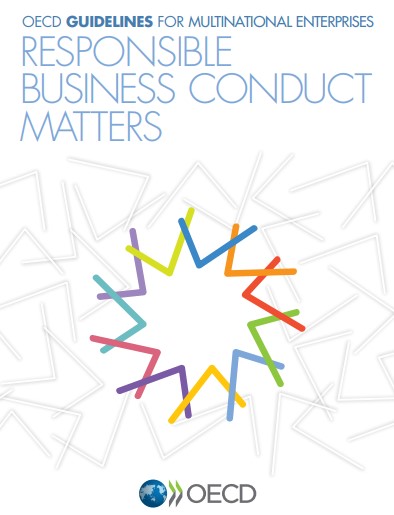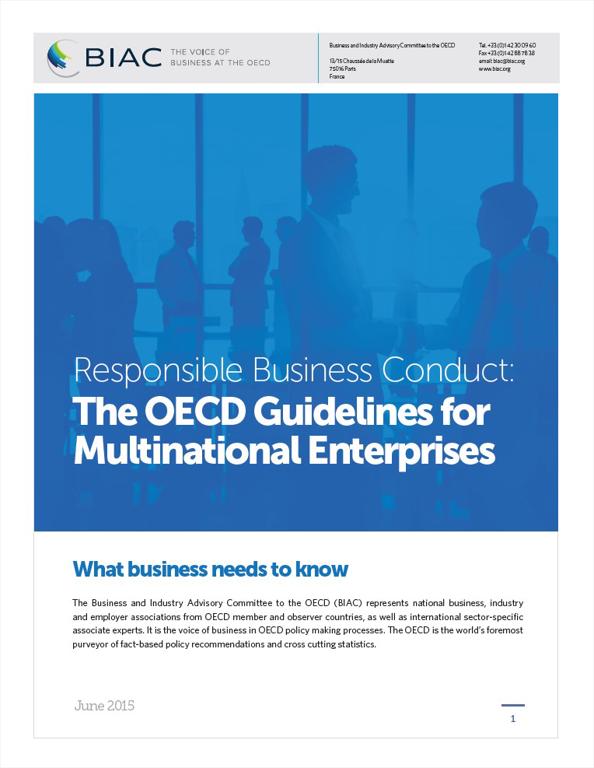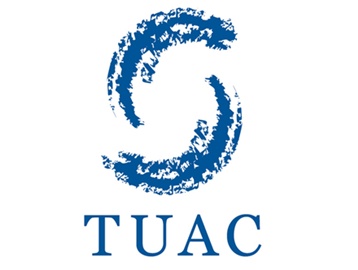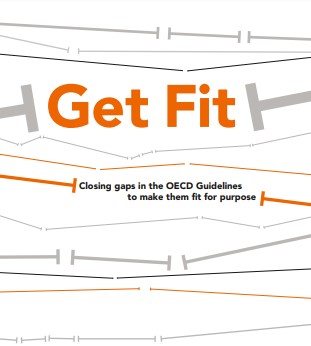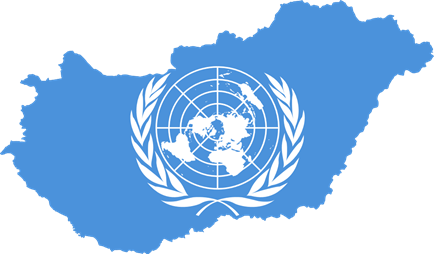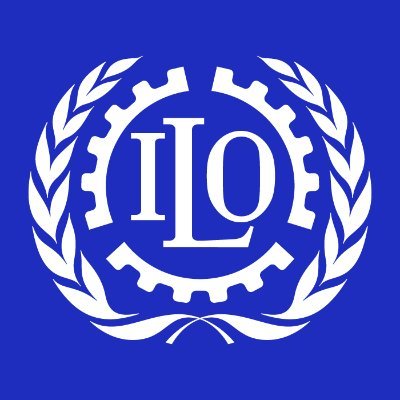Responsible Business Conduct
The OECD Guidelines for Multinational Enterprises (the Guidelines) are part of the OECD Declaration on International Investment and Multinational Enterprises, which provide a comprehensive, practical and widely accepted summary of the requirements for Responsible Business Conduct (RBC) helping market participants meet these requirements. By implementing the recommendations and related provisions on due diligence, companies are able to avoid or address adverse impacts affecting employees, human rights, the environment, bribery, consumers or corporate governance in relation to their operations and supply chains or other business relationships. Annexes of the Guidelines provide additional explanations, recommendations and examples for understanding due diligence.
The Guidelines also aim to promote a common understanding of due diligence on responsible business conduct by governments and other stakeholders. The UN Guiding Principles on Business and Human Rights and the Tripartite Declaration of Principles concerning Multinational Enterprises and Social Policy (ILO Tripartite Declaration) contain due diligence recommendations as well. In their implementation, businesses can be supported by the Guidelines.
The Guidelines are linked to the declaration accepted by G7 leaders in Schloss Elmau, on 7-8 June 2015, which recognized the importance of consistent interpretation of due diligence, especially for small and medium-sized enterprises, and encouraged businesses operating or registered in the countries concerned to implement the due diligence principle in their supply chains. In a statement adopted in Hamburg on 8 July 2017, G20 leaders committed themselves to promoting labour, social and environmental standards and human rights in line with the agreed international frameworks for sustainable and inclusive supply chains. They emphasized that in this regard, companies are responsible for exercising due diligence.
The OECD has developed sectoral guidance which helps enterprises identify and address risks in the fields of conflict minerals, agriculture, garment and footwear, extractive and financial sector. Sectoral guidances can enable businesses to build supply chain resilience, manage uncertainty and drive long-term value within their industry. For further information, please visit ‘The Guidelines’ menu.
OECD Due Diligence Guidance for Responsible Business Conduct (2018)
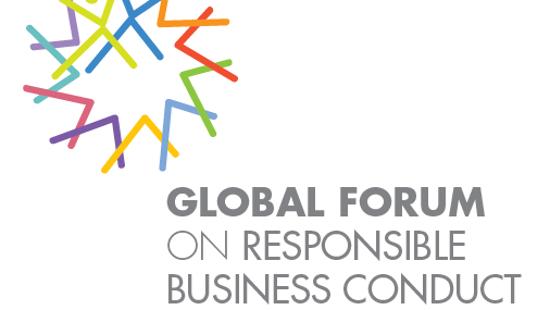
2021-10-08 02:49
Global Forum on Responsible Business Conduct
Since 2013, the OECD has been organizing annually the Global Forum on Responsible Business Conduct with the aim of facilitating dialogue on Responsible Business Conduct (RBC) and OECD due diligence guidance, and strengthening synergies between CSR instruments, including the OECD Guidelines for Multinational Enterprises. It gathers representatives from governments, businesses, trade unions and civil society to provide insights and exchange views on how business can do good. Hence, the OECD established the first multi-stakeholder fora to integrate corporate responsibility matters into the global economic agenda. Establishment of the forum is a step forward as it provides an opportunity to promote the activity of RBC for countries that have not acceded to the Guidelines.

